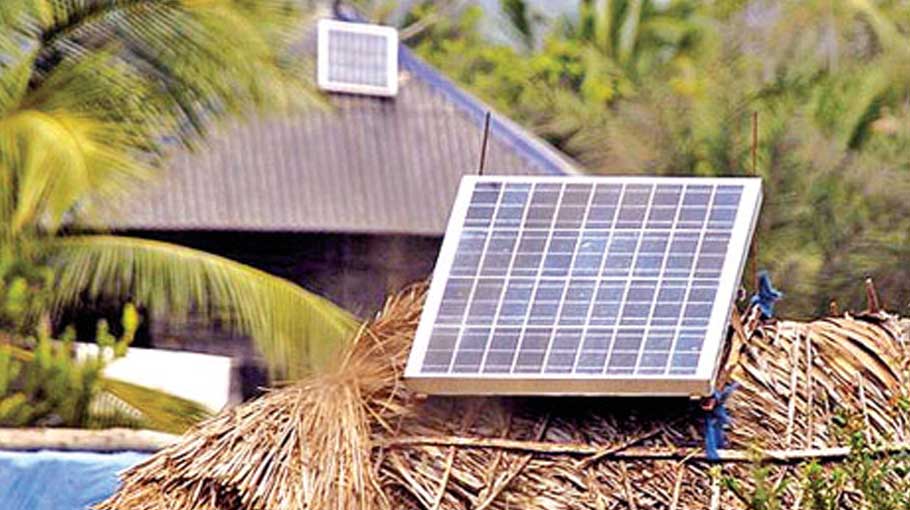Over 2cr people in Bangladesh using renewable energy

Over two crore people in areas where the supply of electricity is non-existence, are getting benefits of renewable energy (RE). The government has so far introduced over 60 lakh solar home systems(SHS) in its efforts to continue promoting RE.
Additionally, people living in remote areas are also getting benefits of electricity through installing 26 solar mini-grids while 2000 diesel-run irrigation pumps were converted into solar-run pumps to reduce the use of liquid fuels.
Currently, eight solar parks, having 231 MW capacity are supplying electricity to the national grid. The country is now generating 650 MW of electricity from solar energy.
State Minister for Power, Energy and Mineral Resources Nasrul Hamid said this while presiding over a virtually held "Member Interventions" session of the 12th assembly of the International Renewable Energy Agency (IRENA) on Saturday evening.
The state minister said it is not possible to set up land-based large-scale solar plants as land is being used for agriculture and other necessary purposes. The government is exploring options like rooftop and floating solar power plants as alternatives to land-based ones due to scarcity of land.
Nasrul Hamid mentioned that Bangladesh has been making all-out efforts with limited resources to promote renewable energy. The government has introduced the net metering system to encourage rooftop solar panels while initiatives have been taken to use other sources of renewable energy like wind and waste to generate electricity.
“International cooperation is essential to reliably address the global energy challenge. Regional and sub-regional cooperation also needs to be enhanced. We have to work together to keep modern and innovative technology open to all at affordable prices,” he added.
Nasrul also said in order to meet the renewable energy generation targets, steps have been taken to explore the potential of solar energy as well as wind energy, electricity from waste and other renewable energy sources. So far 245 MW wind power project is under implementation while Bangladesh Government signed a contract with Dhaka North City Corporation to set up a 42.5 MW waste-to-energy plant.
“Initiative has already taken to set up similar "waste to energy" plants in phases. It has time to look at the sea for large-scale renewable power generation. Visible results can be obtained if IRENA cooperates with developing countries to assess the potential for wind power at sea,” he added.
The conference was attended by representatives from Zimbabwe, Colombia, India, United States, El Salvador, Belgium, Norway, Uruguay, Canada, Indonesia, Singapore, Greece, Spain, China, Japan, Switzerland, Croatia, Turkmenistan, Serbia, Germany, France, Italy, San Marino and Saudi Arabia.




